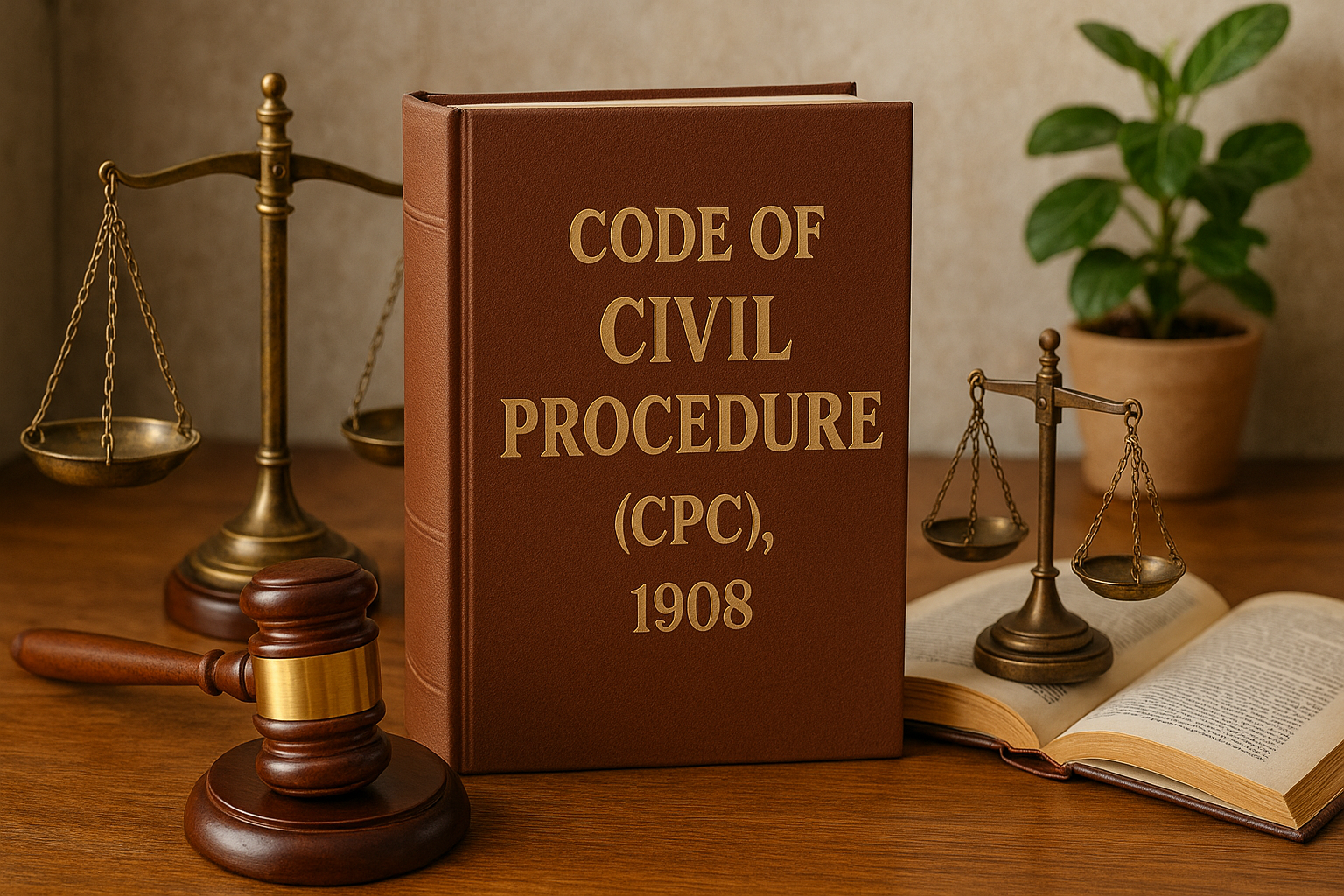What is Res Sub Judice?
The Latin term “Res Sub Judice” means “a matter that is under judicial consideration”.
In legal terms, Section 10 CPC prevents a second civil suit from being filed on the same matter between the same parties, when a previous suit is already pending before a competent court.
Legal Provision: Section 10 CPC
“No court shall proceed with the trial of any suit in which the matter in issue is also directly and substantially in issue in a previously instituted suit… between the same parties… in a court competent to try the subsequent suit.”
Objective of Section 10
-
Avoid conflicting judgments
-
Prevent multiplicity of suits
-
Ensure judicial economy and consistency
Conditions for Application of Res Sub Judice
For Section 10 to apply, all of the following must be satisfied:
| Condition | Explanation |
|---|---|
| 1. Two suits must be filed | One previously, one subsequently |
| 2. Matter in issue must be the same | Directly and substantially the same in both |
| 3. Between same parties (or their successors) | Both suits involve identical parties |
| 4. First suit must be pending | In a court with competent jurisdiction |
| 5. Court must be competent | To try and decide the second suit |
Important Notes
-
Section 10 does not bar filing of the second suit — it bars trial of the second suit.
-
It applies only to civil suits, not to criminal or writ proceedings.
-
Interim relief may still be granted in the second suit while trial is stayed.
Example of Res Sub Judice
-
Suit A: Filed in Delhi by A against B for ownership of a house.
-
Suit B: Later filed in Mumbai by B against A on the same issue of ownership.
✅ Since the same matter is involved and parties are same, the second suit (Suit B) will be stayed under Section 10 CPC.
Difference: Res Sub Judice vs Res Judicata
| Feature | Res Sub Judice (Section 10) | Res Judicata (Section 11) |
|---|---|---|
| Meaning | Case is pending in another court | Case has been already decided |
| Stage | Applies during pendency of earlier suit | Applies after decision in earlier suit |
| Effect | Second suit is stayed | Second suit is barred |
Important Case Law
Indian Bank v. Maharashtra State Coop. Marketing Federation (1998)
Held that Section 10 is mandatory when conditions are satisfied.
Aspi Jal v. Khushroo Rustom Dadyburjor (2013)
Reiterated that even if interim orders are sought, the trial must be stayed if Section 10 applies.
Conclusion
Section 10 CPC plays a crucial role in streamlining litigation. It avoids duplicity, conflicting outcomes, and ensures judicial discipline. Law students must carefully remember its conditions and its difference from Res Judicata under Section 11.

